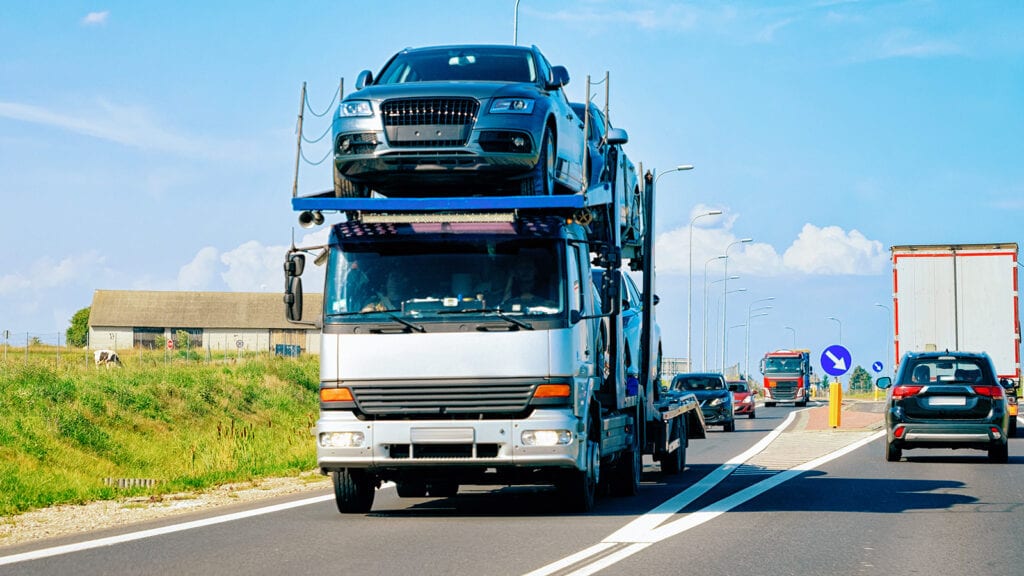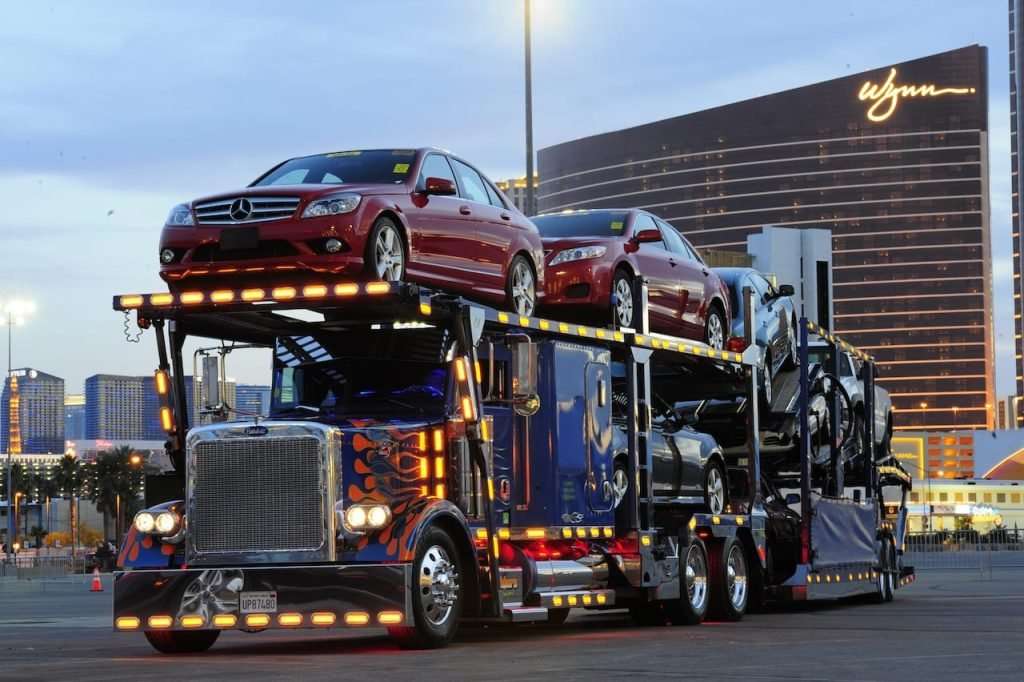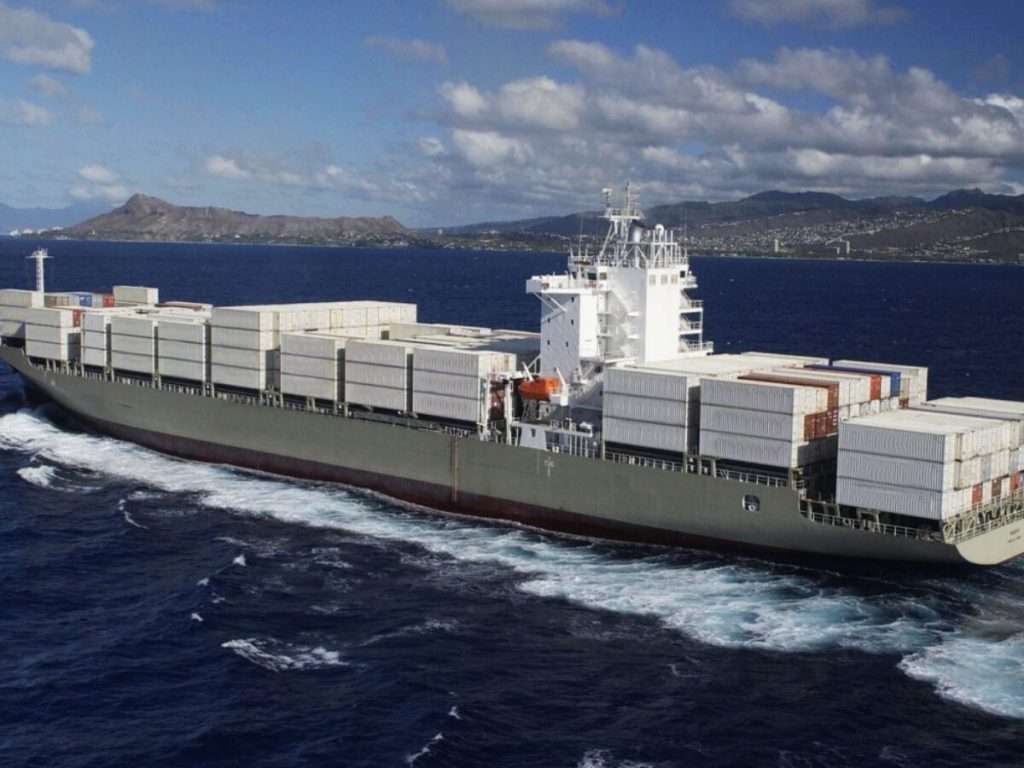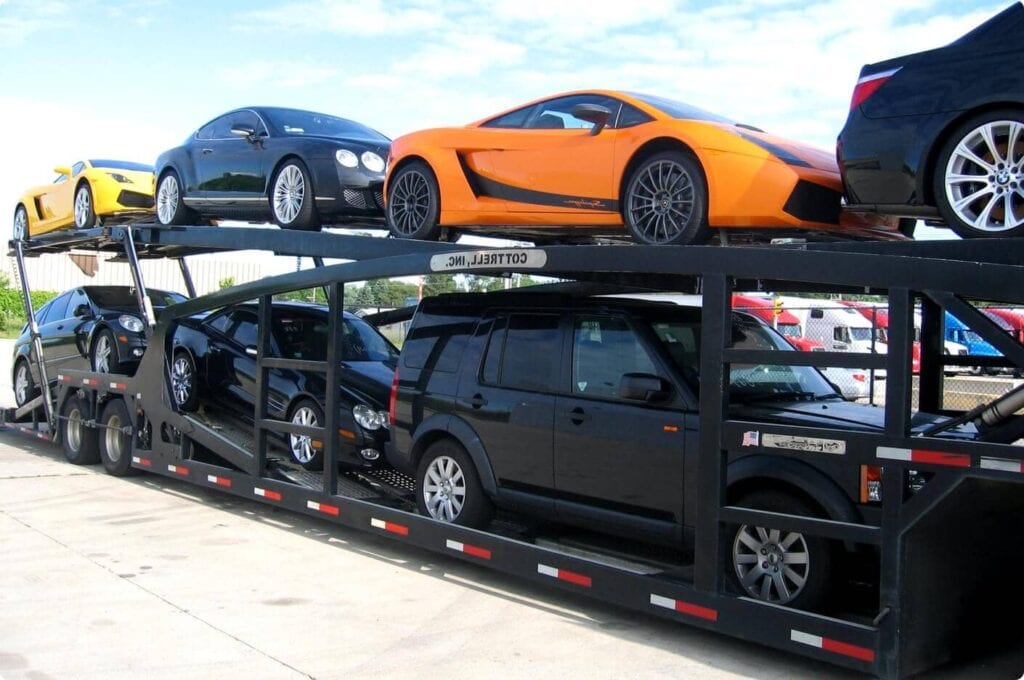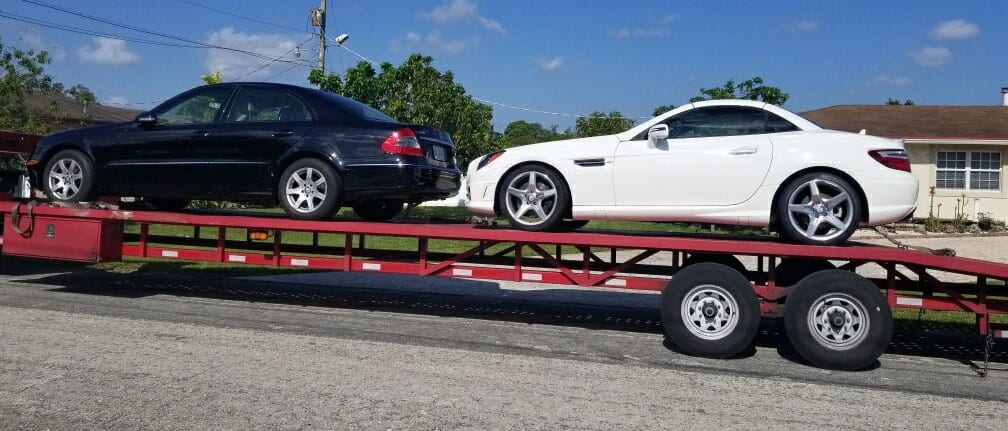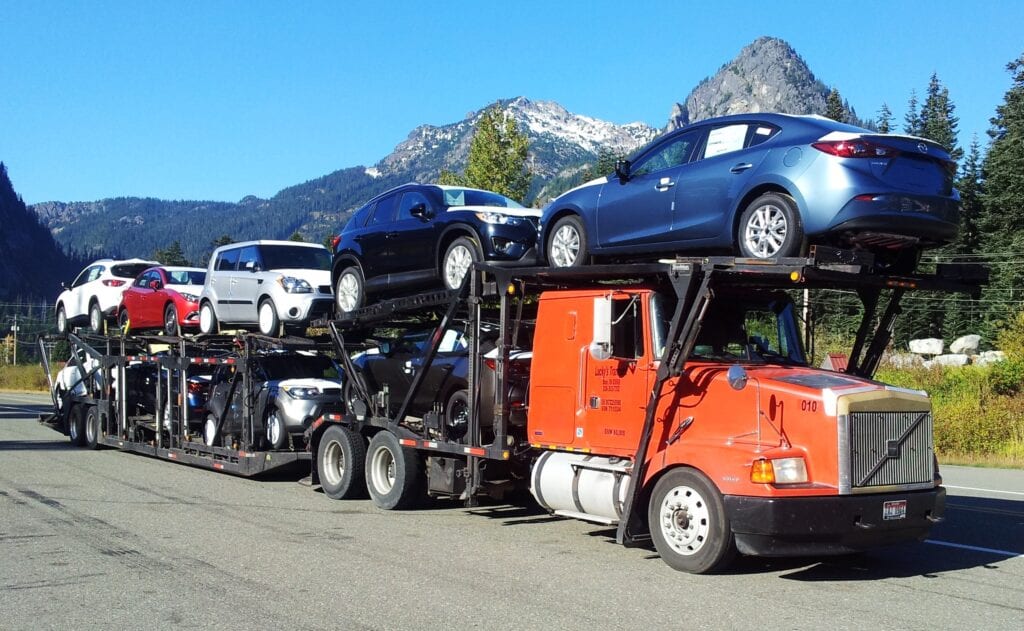Can you transport non-operational or salvage auction vehicles? Well, you’ve come to the right place for answers! Whether you’re a car enthusiast looking to restore a classic beauty or a savvy investor searching for a project, the world of non-operational or salvage auction vehicles can hold great potential. But before you dive into this exciting endeavor, it’s important to understand the logistics of transporting these vehicles.
When it comes to moving non-operational or salvage auction vehicles, there are a few key considerations to keep in mind. First and foremost, you’ll need to find a reliable transport service that specializes in handling these types of vehicles. Not all transportation companies are equipped to handle non-operational or salvage vehicles, so it’s essential to do your research and find one that has the necessary expertise and equipment.
Additionally, it’s crucial to understand the specific regulations and requirements for transporting these types of vehicles. Depending on your location and the destination, there may be certain permits or documentation needed to ensure a smooth and legal transport.
In this article, we’ll delve deeper into the world of transporting non-operational or salvage auction vehicles. We’ll explore the various options available, provide tips for finding a reputable transport service, and address any concerns you may have. So, buckle up and get ready to embark on an informative journey that will help you navigate the exciting world of transporting non-operational or salvage auction vehicles!
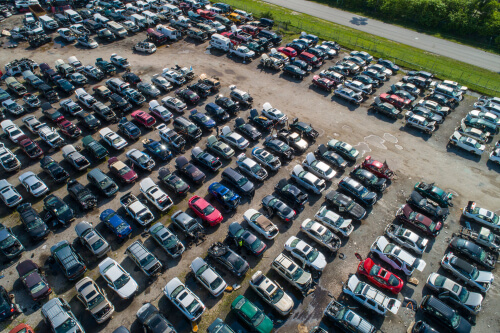
Can I Transport Non-Operational or Salvage Auction Vehicles?
When it comes to transporting vehicles, many people wonder if non-operational or salvage auction vehicles can be moved from one location to another. The answer is yes, it is possible to transport these types of vehicles, but there are some important factors to consider.
Understanding Non-Operational Vehicles
Non-operational vehicles are cars, trucks, or motorcycles that are not currently in working condition. They may have mechanical issues, electrical problems, or other defects that prevent them from being driven. These vehicles are often sold at salvage auctions, where buyers have the option to purchase them for various purposes, such as spare parts or restoration projects.
Transporting non-operational vehicles requires special considerations due to their condition. Unlike operational vehicles, they cannot be driven onto a carrier or trailer for transportation. Instead, they need to be loaded and secured using alternative methods.
Transport Options for Non-Operational Vehicles
There are several transport options available for non-operational vehicles. Let’s explore some of the most common methods:
1. Flatbed Tow Truck
A flatbed tow truck is a popular choice for transporting non-operational vehicles. The vehicle is loaded onto the flatbed and securely strapped down to prevent any movement during transportation. This method is commonly used for short distances.
Benefits:
- Secure transportation for non-operational vehicles
- Ability to transport vehicles with missing wheels or tires
vs.
Drawbacks:
- Limited to shorter distances
- May not be suitable for long-distance transport
2. Enclosed Trailer
An enclosed trailer offers additional protection for non-operational vehicles during transportation. The vehicle is loaded into the trailer, which provides shelter from the elements and added security. This method is commonly used for longer distances or when the vehicle requires extra protection.
Benefits:
- Protection from weather conditions
- Added security and privacy
vs.
Drawbacks:
- Higher cost compared to other transport methods
- May require additional equipment for loading and unloading
3. Roll-on/Roll-off (RoRo) Shipping
RoRo shipping involves transporting vehicles on specialized ships designed for vehicle transportation. Non-operational vehicles are loaded onto the ship using ramps and secured in place. This method is commonly used for international transport or when transporting large quantities of vehicles.
Benefits:
- Efficient method for transporting multiple vehicles
- International transport options
vs.
Drawbacks:
- Limited to specific ports and shipping routes
- May not be suitable for single vehicle transport
Choosing a Reliable Transport Company
Transporting non-operational or salvage auction vehicles requires the expertise of a reliable transport company. It is essential to choose a company that specializes in handling these types of vehicles and has experience in securing and transporting them safely.
One such company is eShip Transport, a reputable auto transport company that offers a range of services, including the transportation of non-operational or salvage auction vehicles. They have a dedicated team of professionals who understand the unique requirements of these vehicles and ensure their safe delivery.
eShip Transport provides various transportation options, including flatbed tow trucks, enclosed trailers, and RoRo shipping, depending on the specific needs of the vehicle and the distance of transport. They also offer a Platinum Protection Plan, which covers any damage to the vehicle during transport.
Why Choose eShip Transport?
There are several reasons why eShip Transport is the best choice for transporting non-operational or salvage auction vehicles:
- Expertise: eShip Transport specializes in transporting all types of vehicles, including non-operational and salvage auction vehicles.
- Reliability: They have a track record of providing fast and reliable transport services, ensuring the safe delivery of vehicles.
- Options: eShip Transport offers various transportation options to cater to different needs and distances.
- Platinum Protection Plan: Their comprehensive insurance coverage provides peace of mind, knowing that any damage during transport is covered.
- Customer Service: They have a dedicated customer service team that provides personalized assistance throughout the transportation process.
Whether you need to transport a non-operational vehicle or a salvage auction vehicle, eShip Transport is the go-to auto transport company that can meet your needs. Take immediate action and discover their services by visiting their website here.
Key Takeaways: Can I transport non-operational or salvage auction vehicles?
- Yes, you can transport non-operational or salvage auction vehicles.
- Transporting non-operational vehicles may require special equipment or services.
- It’s important to check with the transport company to ensure they can handle non-operational or salvage vehicles.
- Extra precautions may be necessary to secure and protect non-operational or salvage vehicles during transportation.
- Transporting non-operational or salvage vehicles may have additional costs associated with it.
Frequently Asked Questions
Question 1: Can I transport non-operational or salvage auction vehicles?
Answer: Yes, it is possible to transport non-operational or salvage auction vehicles. Many auto transport companies offer specialized services for such vehicles. However, it’s important to note that the process and requirements may differ from transporting operational vehicles. Here are a few things you should know:
Firstly, it’s crucial to inform the transport company about the condition of the vehicle upfront. This will help them determine the appropriate equipment and resources needed for safe transportation. Non-operational or salvage vehicles may require special handling, such as the use of a winch or flatbed truck.
Question 2: What is the process for transporting non-operational or salvage auction vehicles?
Answer: The process for transporting non-operational or salvage auction vehicles typically involves a few key steps:
1. Research and choose a reputable auto transport company that specializes in handling non-operational or salvage vehicles.
2. Provide accurate information about the vehicle’s condition, including any damage or missing parts, to the transport company.
3. Arrange for the necessary equipment and resources for safe transportation, such as a winch or flatbed truck.
4. Ensure that all paperwork, including the title and any necessary permits, is in order.
5. Follow any specific instructions provided by the transport company regarding preparation of the vehicle for transport.
Question 3: Are there any additional costs associated with transporting non-operational or salvage auction vehicles?
Answer: Yes, there may be additional costs involved in transporting non-operational or salvage auction vehicles. The exact cost will depend on various factors, including the distance of transportation, the condition of the vehicle, and any special handling requirements. It’s recommended to obtain quotes from multiple transport companies to compare prices and services.
Additionally, it’s important to check if there are any specific insurance requirements for transporting non-operational or salvage vehicles. The transport company may offer insurance coverage, but it’s advisable to clarify the details and ensure adequate protection for your vehicle during transit.
Question 4: Can I transport non-operational or salvage auction vehicles across state lines?
Answer: Yes, you can transport non-operational or salvage auction vehicles across state lines. However, it’s important to comply with the regulations and requirements of each state involved in the transportation process. Some states may have specific rules regarding the transport of non-operational or salvage vehicles, such as additional permits or documentation. It’s advisable to work with a knowledgeable auto transport company that can guide you through the interstate transportation process.
Question 5: How should I prepare my non-operational or salvage auction vehicle for transport?
Answer: To prepare your non-operational or salvage auction vehicle for transport, it’s important to take certain steps:
1. Remove any personal belongings from the vehicle, as these are generally not covered by transport company insurance.
2. Secure loose parts or accessories to prevent damage during transit.
3. Take photos of the vehicle from various angles to document its condition before transport.
4. Obtain any necessary permits or documentation required by the transport company or state regulations.
5. Follow any specific instructions provided by the transport company regarding prepping the vehicle for transport, such as disabling the alarm system or draining fluids if necessary.
Final Summary
So, can you transport non-operational or salvage auction vehicles? The answer is a resounding yes! Whether you’ve got a broken-down car or a salvaged gem, there are options available to get it from point A to point B safely and efficiently.
When it comes to transporting non-operational or salvage auction vehicles, you’ll want to consider a few key factors. First and foremost, finding a reputable and reliable transportation service is crucial. Look for companies that specialize in handling these types of vehicles and have the necessary equipment and expertise to ensure a smooth and secure transport.
Once you’ve found a trustworthy provider, you can rest easy knowing that your non-operational or salvage auction vehicle is in good hands. They’ll take care of all the logistics, from loading and securing the vehicle onto a specialized trailer to navigating any potential challenges along the way.
Remember, whether you’re a car enthusiast looking to restore a classic or a business owner dealing with salvaged vehicles, there are transportation solutions available to meet your needs. With the right service, you can transport non-operational or salvage auction vehicles with confidence and peace of mind.


